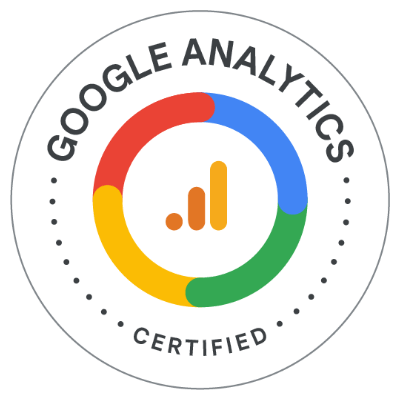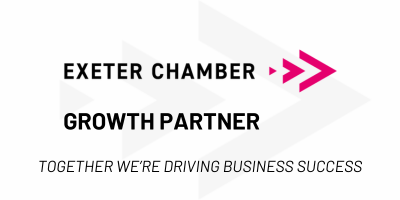Of course, the AI of the 50s isn’t the AI of today, but it has been humming along in the background of our lives for decades. Back in the 1950s Alan Turing - a computer science genius and pioneer - suspected computers could or would eventually ‘think’.
Arthur Samuel got a computer to play checkers, and Shakey the robot was invented in the 60s, becoming the grandad of modern robotics.
In the 80s, Germany had a go at making driverless cars (albeit with no passengers and no other transport in the vicinity), and by the 90s, IBM’s Deep Blue was going toe-to-toe with world chess champion Gary Kasparov and ultimately beating him.
Fast forward to 2011 and the arrival of voice activated assistants Siri and then Alexa, who despite regularly mishearing commands open up a galaxy of audio content to its users and are lightyears away from using a Walkman.
These days we have generative AI that creates text, videos, and images after human prompting – and it gets smarter every second. It’s fair to say AI is omnipresent, hanging out in our inboxes, helping us to navigate the digital world through computer programmes and apps, transcribing our calls and meetings (with varying levels of success), and occasionally suggesting headings that sound like they’ve been written by a particularly enthusiastic robot (which they have).
With such a capable virtual assistant and super fast learner at our fingertips, it begs the question, what impact is AI having on public relations? One argument is that AI does all the grunt work leaving PR professionals to concentrate on idea generation, strategy, talking to journalists, and crafting campaigns. At the other end of the spectrum, creative professionals are genuinely concerned AI is marking the beginning of the end of content creation.
So, is AI saving or sinking PR? I find myself sitting in the middle of the two lines of thought. For all its wizardry, AI still lacks that crucial spark – the nuance, the cultural know-how, the ability to tell a story through the human lens. Lis Anderson, the founder of Ambitious PR, said AI was fast, but it lacked emotional depth. It’s this human ability to emphasis and genuinely connect with people that may be our saving grace.
A study by Instiller found that while many people can’t tell the difference between AI and human-generated content, Gen Z often can. What’s more, people are increasingly looking for authenticity and soul in a digital world. In fact, this desire for connection is largely behind the stratospheric rise of short video content where individuals are sharing their insights, their passion, their opinions, their humour – it’s how people connect.
Personally, I think this could lead to a shift where the most ‘human’ brands stand out. Where the less polished, wonderfully imperfect, characterful personas win. A world where authenticity becomes the new differentiator.
AI can speed things up, and yes, it can help with data analysis and media monitoring, but when it comes to telling stories that matter – building trust and lasting relationships – that is still very much a human game.





